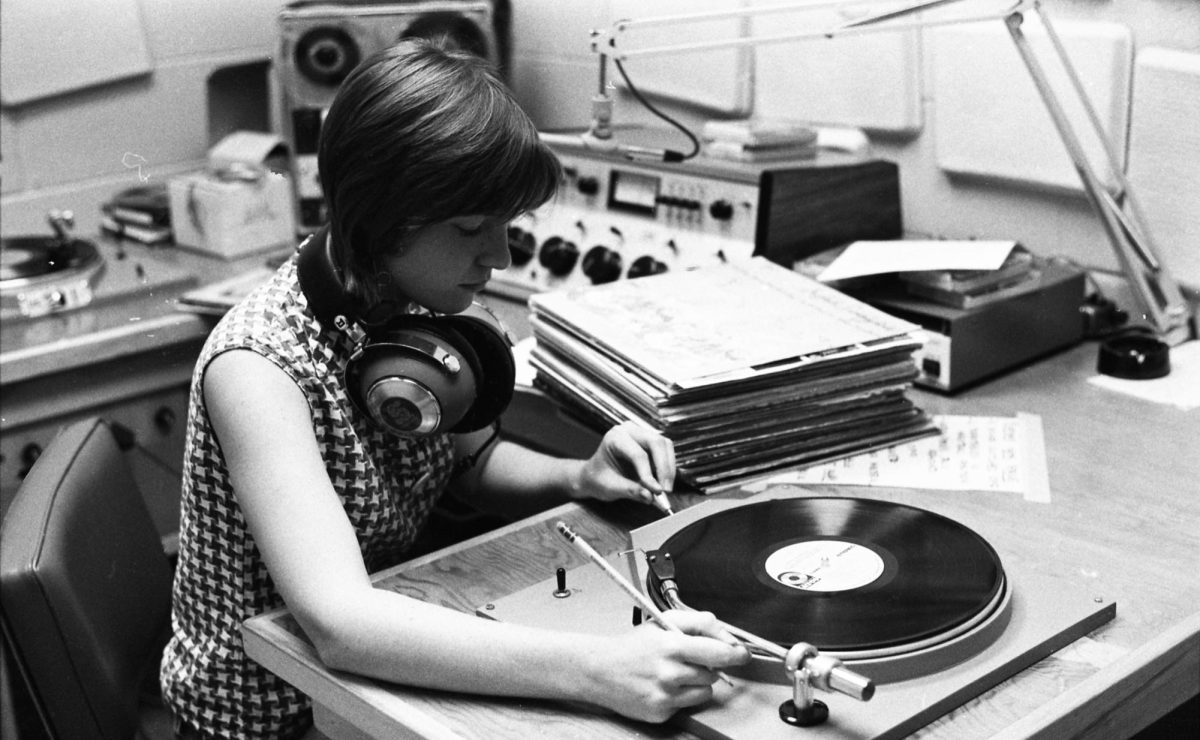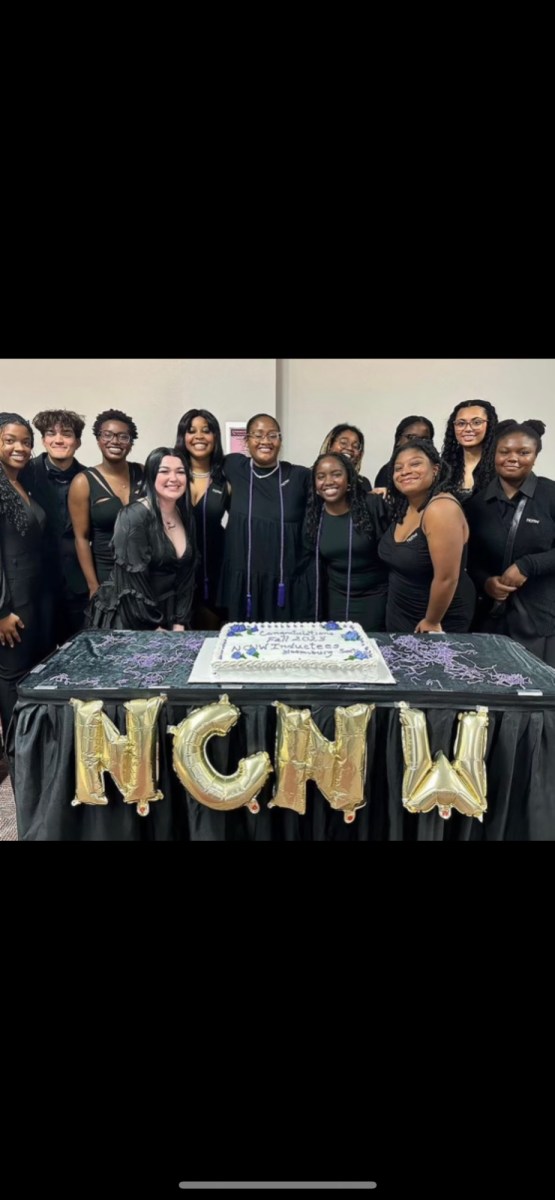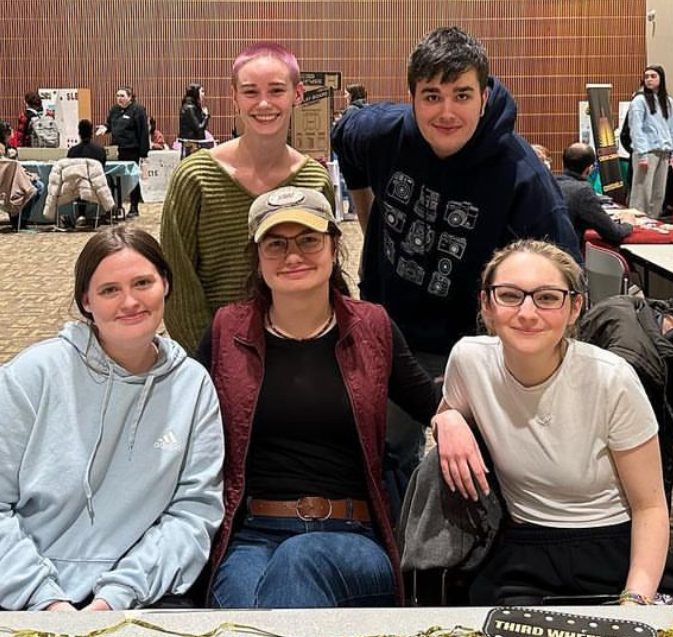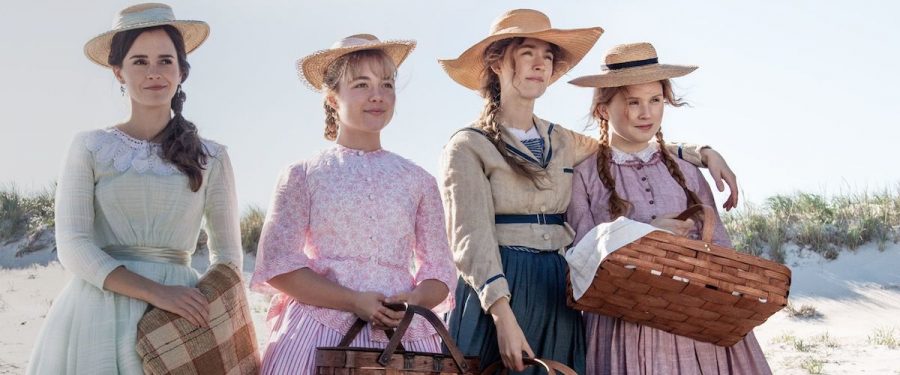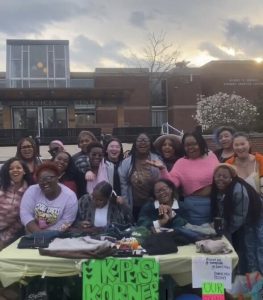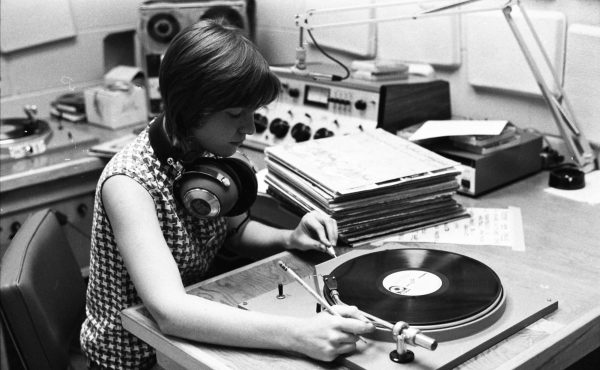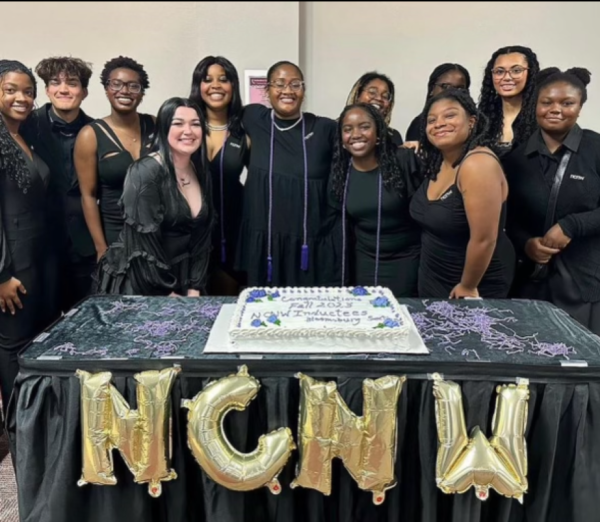“Little Women” and their feminist ways
January 30, 2020
This Christmas I was thrilled to go see the most recent adaptation of Louisa May Alcott’s classic “Little Women.” Starring actors such as Saoirse Ronan, Timothée Chalamet, Florence Pugh, Emma Watson, and many more established and up-and-coming stars. “Little Women” is a 19th century feminist novel about the lives of the four March sisters and their mother as they grow up and face the real world.
The sister that the movie follows the closest is Josephine “Jo” March, played by Ronan, an aspiring writer in a time where women were not encouraged to write about things not household related. She is a woman who wishes to not marry and never have to depend on men for anything.
Watson portrays Meg, a teacher and wife who once dreamed of acting but has settled into the life of a mother instead. Amy, played by Pugh, is an enthusiastic artist who is the family’s only hope at marrying a wealthy man to maintain their status and comfortability. New comer to the American acting world is Eliza Scanlen, who portrayed Beth, the youngest sister who fights sickness her entire life, but continues to find joy in the piano.
The sisters are followed in a nonlinear narrative that jumps from memory in the past to the present frequently, yet seamlessly throughout the film. The only thing that made this confusing is that Chalamet holds his youthful look in both past and present scenes.
This film discusses the realistic restrictions that were placed upon women in this time. The March sisters are faced with marriage, employment, expectations, and so much more that was indispensable in opening the eyes of Alcott’s readers to the constraint of the female gender.
As this is the seventh adaptation of the original novel, there was a lot a lot of concern of having just another version of the exact same movie. This film destroyed that idea and proved the use of cast and novel authenticity can create a visual masterpiece that Alcott herself would be proud of.
Timothée Chalamet and Saoirse Ronan are the perfect pair to play Jo and Laurie. Both actors’ waiver the line of femininity and masculinity, providing watchers with a real view of the characters that Alcott brought to life in her words.
As of now the film has been nominated for over 150 awards ranging from the Academy Awards to the Critics’ Choice Awards and more. Of those 150, the film and/or actors have won 62 of the nominations, some of which have yet to be awarded, so we can assume that number of wins will go up.
Director Greta Gerwig proved her writing and directing abilities with this film. As a longtime fan of the novel and some of the film and show adaptations, I can say that the book that has helped shape me as a woman, was so beautifully imagined and well represented in this movie that I don’t see another adaptation in its future.
Off of a 40-million-dollar budget they were able to nearly quadruple that in box office sum worldwide. It was even titled as one of the top ten films of 2019 by the American Film Institute.
I can say as someone who went into this film skeptical of its authenticity and lividity that I was proved so wrong. I don’t think there has been a film that discusses women wanting to be independent, as well as wanting to be in a dependent relationship. Films with feminist ideals tend to put women against each other if one doesn’t wish to be like Jo and want to be more like Meg.
By making it feel acceptable for women to just choose what they want and then doing it, we are able to see so much beauty in the female decision making that these women do.
If you are a woman, I recommend this movie, if you are not a woman, I recommend this movie, if you are even considering seeing this movie, I think you absolutely should. I say for myself and the many others who have seen this film that there is something so special about Alcott’s writing that having a visual adaption this perfection is nearly impossible.















